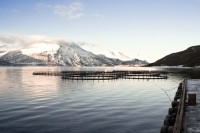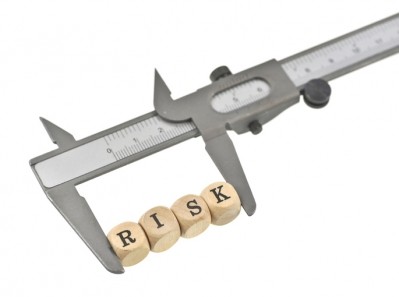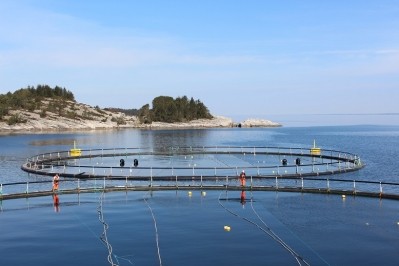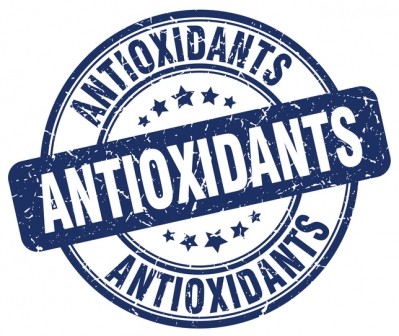Greenpeace wants EU wide ban on the feed additive
EFSA updates on timeline for ethoxyquin risk assessment

Ethoxyquin (EQ) is being evaluated for its safety as part of the process to be considered for reauthorization as an additive in the EU. It is currently approved for use at 150mg/kg in feed.
A spokesperson for the European Food Safety Authority (EFSA) told us today that the Authority’s risk assessment on EQ was put on hold in July this year following a request for supplementary data needed to evaluate the safety of the fishmeal antioxidant.
“The studies needed to obtain this information require a long time to be carried out. However, it is the responsibility of the applicant to provide the requested information within the established deadline, 29 July 2017,” she said.
EFSA published an inconclusive opinion on EQ in November 2015concluding there was a lack of data to fully assess the safety of the substance, including its metabolites, and the presence of an impurity, p-phenetidine, which is a possible mutagen [substances causing mutations in the genetic material of both animals and humans].
The Parma-based EU risk assessor determined that, as a result of the manufacturing process, p-phenetidine remains in the feed additive.
Greenpeace investigation
Meanwhile, a Greenpeace led investigation of seafood sold in German retailers earlier this month found farmed fish products in that market were “heavily contaminated” with ethoxyquin.
At the end of November and beginning of December 2016, the German branch of the NGO arranged for a total of 54 fish products to be tested for ethoxyquin in a laboratory.
The samples included salmon, trout, gilt-head bream and seabass, and were taken from supermarkets such as Aldi Nord, Aldi Süd, Edeka, Famila, Kaufland, Lidl, Marktkauf, Netto, Penny, Real and Rewe, but also from organic food markets and fish markets.
They included frozen fish as well as smoked and fresh fish from fish farms, organic fish farms and wild stocks, said Greenpeace.
All 38 food fish produced by conventional aquaculture methods contained ethoxyquin, reported the NGO, with the highest ethoxyquin levels, of 881 micrograms per kilogram, found in a salmon product from a Norwegian aquaculture farm.
It is calling for a ban on the feed additive in the EU. It noted the view of toxicologists that ingesting the amounts of EQ recorded in its report did not pose an acute health risk for consumers but said there are no long term studies done on the health effects of the additive.
Scientific evidence paramount: IFFO
Dr Neil Auchterlonie, technical director at the marine ingredients organization, the IFFO, commenting on the Greenpeace Germany investigation, told this publication:
“Seafood consumption confers important health benefits to the European consumer, and those benefits are well recognized. Farmed fish are an important and highly nutritious food and their production in Europe is highly regulated. The production of farmed salmon and other farmed fish species have made major contributions to European nutrition since the 1970s.
“Equally, ethoxyquin has been an important product used in the protection of polyunsaturated fatty acids in fishmeal for several decades. It is essential for the protection of the nutritional quality of the fishmeal used in farmed fish feeds, and the omega-3 fatty acids EPA and DHA in particular, which in turn are important for the health of both the farmed fish and the consumer.
“Ethoxyquin is undergoing a reauthorization process in the EU which includes the gathering of additional data and information. IFFO is fully supportive of this approach and is contributing to the research costs.
“At this stage there is no suggestion of any adverse effect on the health of consumers, and the safety of fishmeal and fish oil as key ingredients in animal feed remain, as always, of paramount importance to IFFO members. We will at all times be guided by scientific evidence and not by speculation and await the further decision of the EU authorities.”









